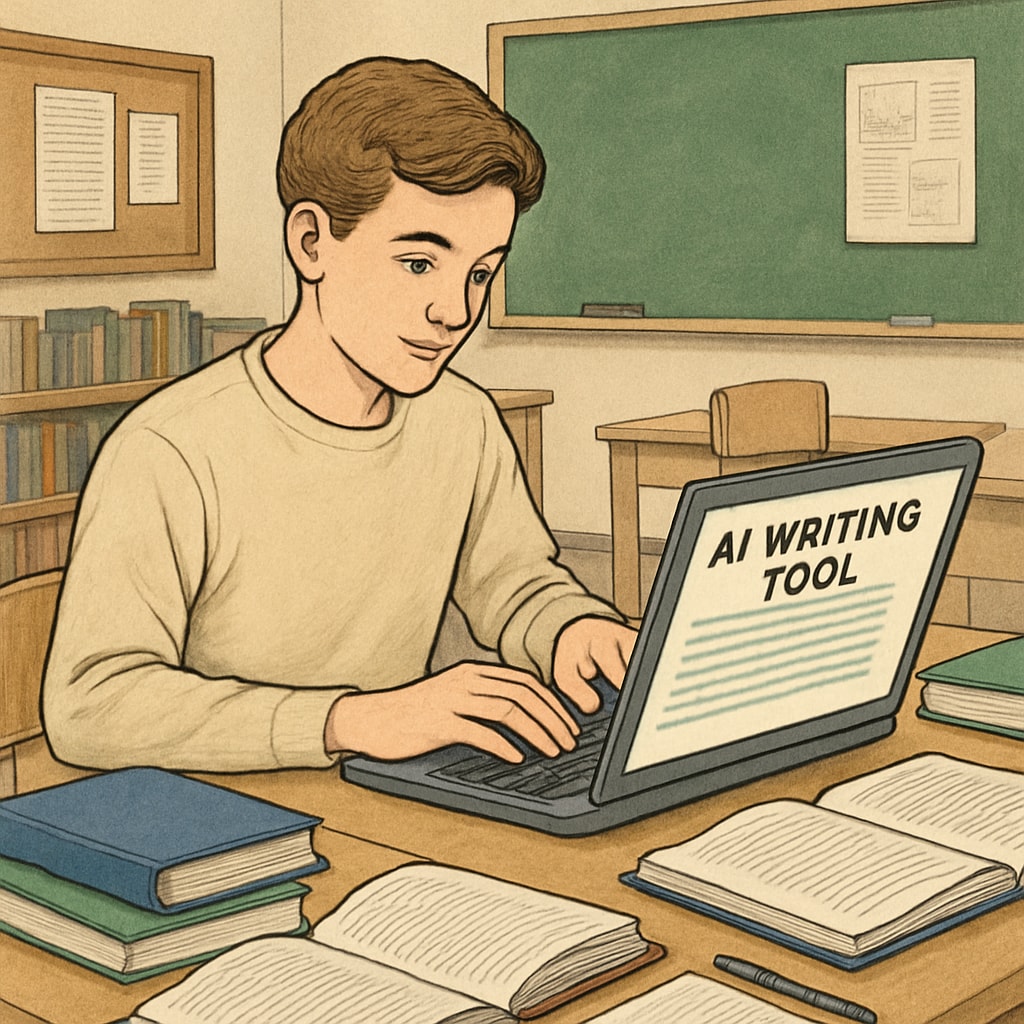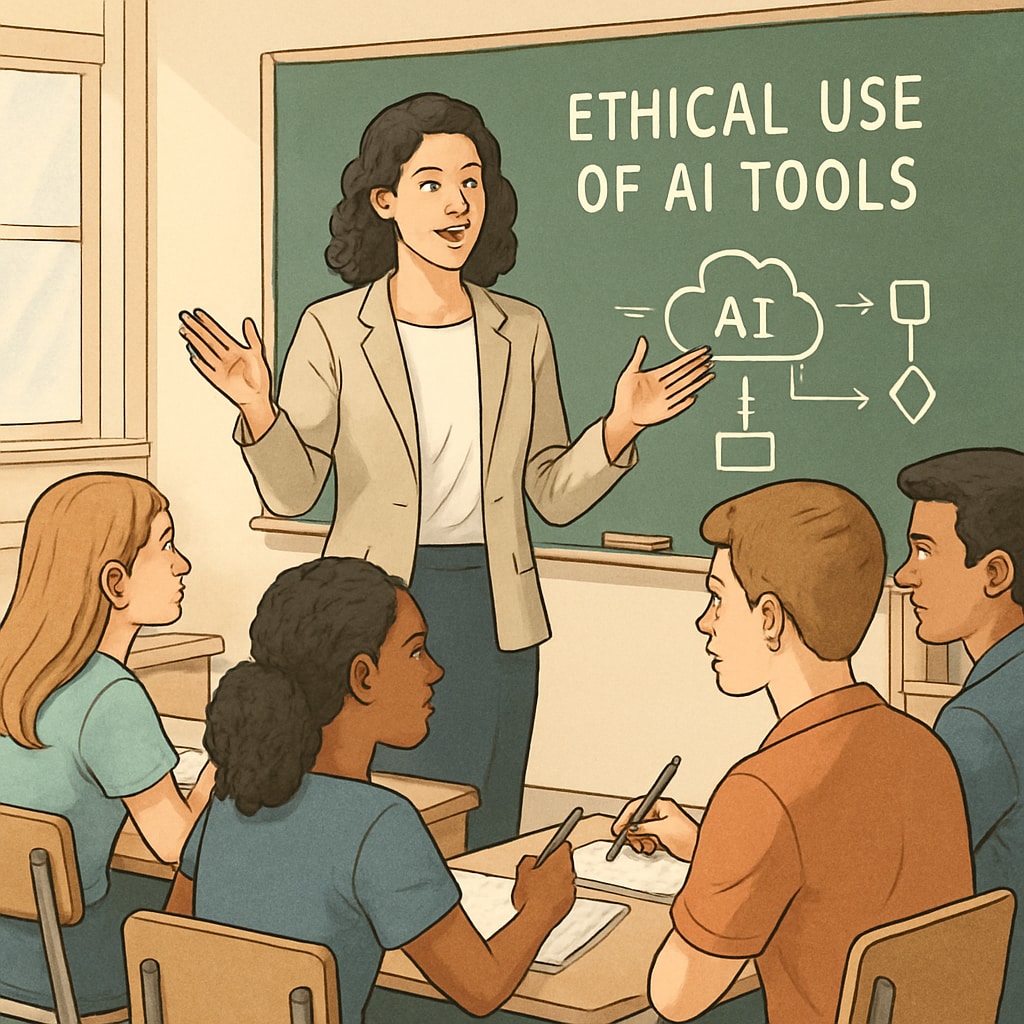As the integration of AI writing tools becomes increasingly prevalent in education, questions about academic integrity, AI writing detection, and the unique challenges faced by first-generation college students continue to rise. While these tools offer significant benefits, such as enhanced creativity and efficiency, they also pose ethical dilemmas for students transitioning from high school to university. Understanding the boundaries of AI use and adhering to academic honesty requirements is critical for both students and educators.
AI Writing Tools: A Double-Edged Sword
Artificial intelligence has transformed the way students approach writing tasks. Tools like ChatGPT, Grammarly, and Jasper AI offer assistance in brainstorming, drafting, and proofreading. These technologies can be invaluable for students who struggle with writing or lack confidence in their abilities. However, the line between assistance and academic dishonesty can be thin.
For example, while using AI to correct grammar errors or refine sentence structure may be acceptable, relying on it to generate entire essays raises concerns about authenticity. Universities often define academic integrity as the commitment to producing original work. When students submit AI-generated content as their own, they risk violating these principles.

From High School to College: Contrasting Policies
One of the most significant challenges lies in the differing approaches to AI writing tools between high schools and universities. In high schools, teachers may encourage students to explore AI tools as learning aids, focusing on their potential to enhance understanding and creativity. However, universities often adopt stricter policies, emphasizing the importance of originality and critical thinking.
This discrepancy can confuse students, particularly first-generation college students who may lack guidance on navigating the expectations of higher education. Without proper preparation, these students may inadvertently misuse AI tools, leading to academic penalties or damaged reputations.
To bridge this gap, K12 educators must prioritize teaching students about the ethical use of technology. By fostering discussions on the responsible application of AI tools, educators can equip students with the skills needed to navigate academic integrity challenges in college.

The Role of AI Writing Detection Tools
To combat misuse, universities are increasingly employing AI writing detection software. These tools analyze submissions for patterns indicative of machine-generated text. While this technology can help uphold academic standards, it is not without limitations. False positives remain a concern, as legitimate student work may sometimes be flagged as AI-generated.
Furthermore, reliance on detection tools raises questions about trust between students and institutions. Instead of focusing solely on punitive measures, universities should consider integrating educational programs about ethical writing practices. This proactive approach can help reduce violations while fostering a culture of integrity.
Implications for First-Generation College Students
First-generation college students often face unique challenges, including limited access to resources and a lack of familiarity with academic norms. The ethical dilemmas surrounding AI writing tools can exacerbate these issues. Without clear guidance, these students may unintentionally breach academic integrity policies, jeopardizing their academic success.
To address this, universities should implement targeted support programs for first-generation students. Workshops on academic honesty, AI tool usage, and writing skills can provide much-needed clarity. Additionally, mentorship programs can offer personalized guidance, helping students navigate these complex issues effectively.
Conclusion: Preparing for the Future
The rise of AI writing tools presents both opportunities and challenges for academic integrity. To ensure students—especially first-generation college students—are prepared for the ethical dilemmas of modern education, a collaborative effort is required. High schools, universities, and educators must work together to establish clear guidelines, provide resources, and foster a culture of honesty. By doing so, we can empower students to harness technology responsibly while maintaining the values of academic integrity.
Readability guidance: This article uses short paragraphs, clear transitions, and lists where appropriate. Passive voice and long sentences are minimized to maintain clarity and engagement.


